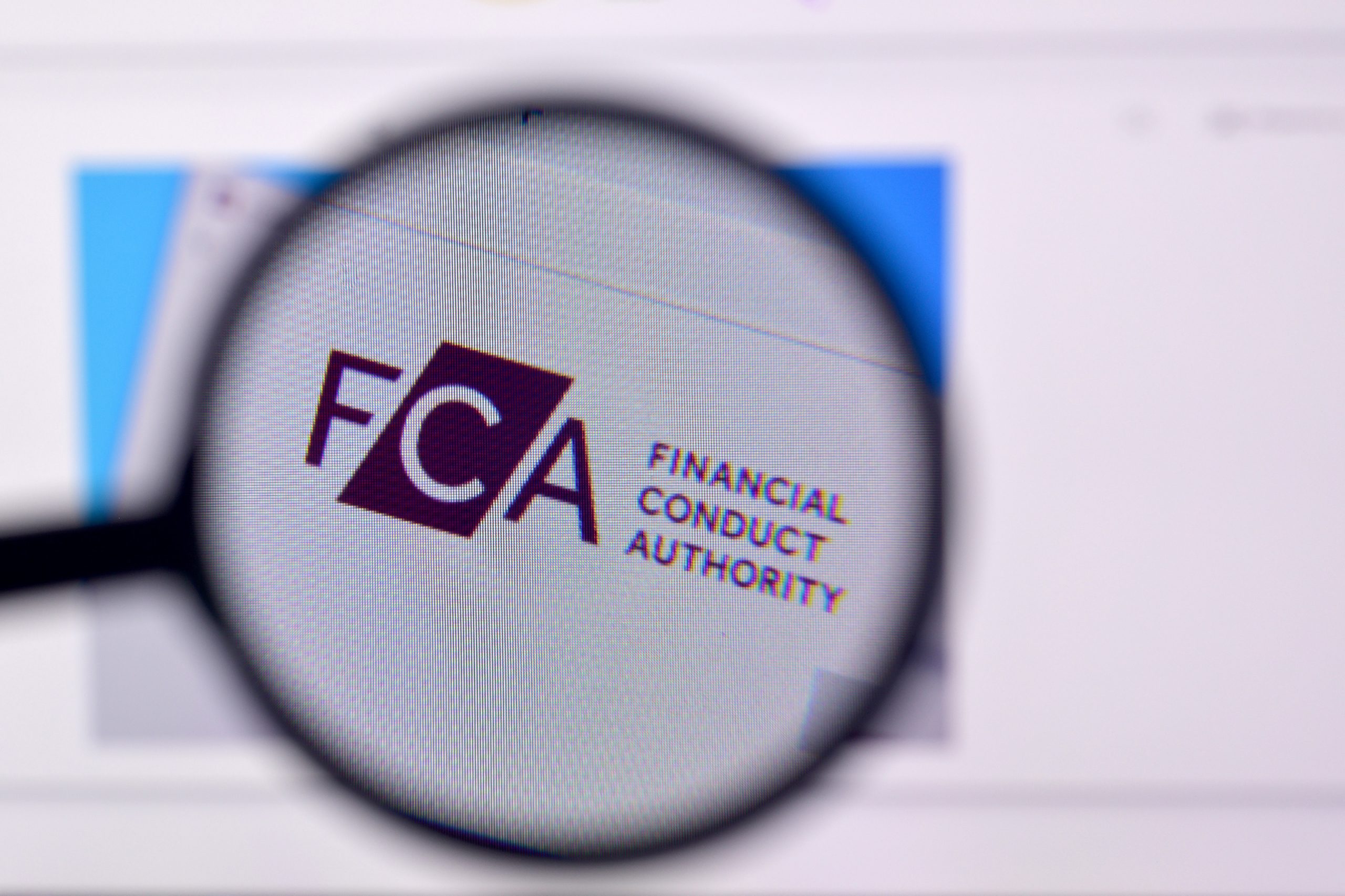Scam-fighting bodies have joined forces to warn pension scheme trustees and savers of a potential increased risk from scammers seeking to cash in on economic uncertainty.
The Pensions Regulator (TPR), Financial Conduct Authority (FCA) and the Money and Pensions Service (MaPS) have issued the warning due to fears that recent headlines over squeezed household finances may leave savers more vulnerable to scammers.
The three bodies, all members of the Pension Scams Action Group – a multi-agency taskforce dedicated to keeping savers safe from scams – are concerned that fears over the economy, such as recent extreme movements in gilt yields, may prompt savers to incorrectly decide there is a risk to their retirement pots and make rushed decisions about their finances.
While the three organisations had not yet seen evidence of an increase in pension scams, they explained they wanted to act now given concern over cost of living increases and interest rate rises, which may make savers more likely to look for ways to shore up their finances. This may potentially leave them exposed to crooks set on exploiting their fears.
Nicola Parish, TPR’s Executive Director of Frontline Regulation and Pension Scams Action Group spokesperson, said: “Pension schemes are not at risk of collapse. It’s vital that savers who have seen recent headlines over the economy don’t panic and rush a decision over their retirement savings.
“Scammers exploit uncertainty. And savers’ worries about their finances may make them more vulnerable to fraudsters’ common tactics. Scammers may pose as people or organisations savers trust. They may contact savers out-of-the blue to make promises that appear too good to be true – because they are.
“We urge all savers to avoid hasty decisions and contact MoneyHelper for free, impartial guidance before taking any action. Savers can also find more information on how to spot the warning signs and check that they are dealing with a legitimate firm by visiting the FCA ScamSmart website.”
Mark Steward, FCA’s Executive Director of Enforcement and Market Oversight, said: “The FCA urges anyone wanting pension advice to ensure they are dealing with an adviser authorised by the FCA on our register. Our ScamSmart website contains important information that will help you avoid scams as well as links to our register.”
Charlotte Jackson, Head of Guidance Services and Customer Protection Strategy at MaPS, said: “We know that some savers may be worried about their pension pots. Scammers may try and take advantage of this uncertainty, so it’s important that you take the time to get free, impartial guidance from our pension specialists at MoneyHelper before making any major decisions.
“We will continue to work with the Pension Scams Action Group to protect consumers and signpost them to the information they need to make informed decisions.”
Minister for Pensions, Laura Trott said: “We’re committed to arming savers with the tools they need to spot duplicitous fraudsters, who can be articulate, appear financially knowledgeable, and offer time-limited deals – all designed to convince people to hand over their hard-earned pension savings.
“As scammers’ crooked techniques evolve, so must our defences, and we continue to work closely with partners across industry, regulators and law enforcement to send scammers packing. Savers can also get on the front foot themselves – knowing the common signs of a pension scam is a great way to start.”
Tom Selby, head of retirement policy at AJ Bell, comments:
“Rising inflation and the spectre of recession are looming over UK households, increasing the financial vulnerability of millions of savers and retirees.
“Brits have also been exposed to weeks of headlines suggesting pensions are in ‘crisis’, which inevitably caused huge unnecessary worry for lots of people.
“All of this uncertainty will inevitably have left people more vulnerable to scams and more at risk of making poor retirement decisions, such as withdrawing their entire pension pot in one go and potentially paying thousands of pounds in unnecessary income tax as a result.
“The reality was the post-mini-budget problems we witnessed, and the subsequent Bank of England intervention, were about preventing a ‘death spiral’ in UK government bond sales, rather than there being any direct or immediate threat to people’s pensions.
“The hedging instruments at the heart of the crisis were held by defined benefit (DB) schemes, meaning that the majority in defined contribution (DC) schemes were not directly affected. Even in the case of DB schemes with LDI exposure, provided the employer was not at risk of going bust, their pensions should still have been secure.
“It is vital as the dust settles on the LDI crisis that all parties involved in communicating the issue reflect on the unnecessary distress caused to people who thought their hard-earned pensions may not be safe.”
















